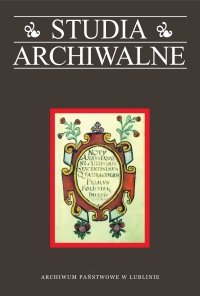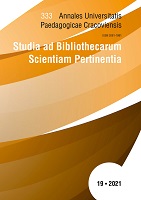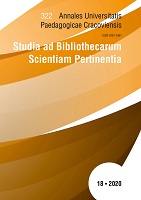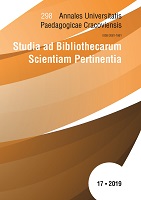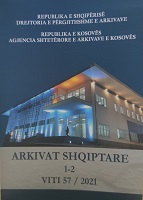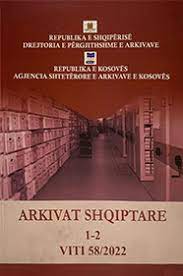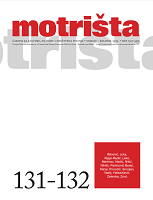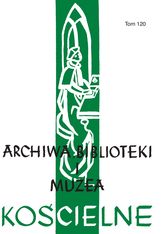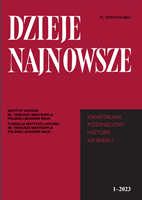Author(s): Bedri ZYBERAJ / Language(s): Albanian
Issue: 1-2/2022
Rexhep Qosja is among the few rare contemporary intellectuals who has expressed a clear interest in dealing with almost everything related to language, history, literature, art, the history of literature, journalism and other fields of Albanian culture. In whatever field he’s applied himself, with the exception of poetry, he has left an indelible mark. It is interesting that the question of archives and archivists, like no other personality, has not escaped the interest of Professor Qosja. In his latest omnibus novel Të fshehtat e treguara, published in 2020, the archive and archivists have a central role. His perspective on this institution, in particular some of his thoughts regarding the archive and also archivists, are special not only as judgment formulations, which meanwhile have a significant importance for the truth about and for archives and archivists respectively. Consequently, I believe that these facts need to be highlighted for several essential reasons, but I would single out two of them in particular: First, to make us, who work in archives, more aware of the importance of the work we do; and, second, to draw the attention of others to the importance and function of the true mission that archives have. Something like this has not been written before, in any literary work, not only in Albanian literature, but, as far as I know, not even in any other literature of the different peoples of Europe and the world. Therefore, it is clearly necessary to point out some aspects of his attitudes (at least literary) about the institution of archives, because Professor Qosja, in this case, has devoted almost an entire work to the truth about archives and the importance that they have them essentially as institutions of the memory of a country, a state or a nation. The analysis and highlighting of what the author Qosja has written in this novel about the archives is something extremely important for another reason, however. We all, although we live in the century XXI, when it comes to archives, although we may not like it, we need to admit that we have many gaps, the elimination of which would mark a standard that would enable the completion and proper functioning of these institutions that are treated as institutions of special importance in almost every serious country.
More...
